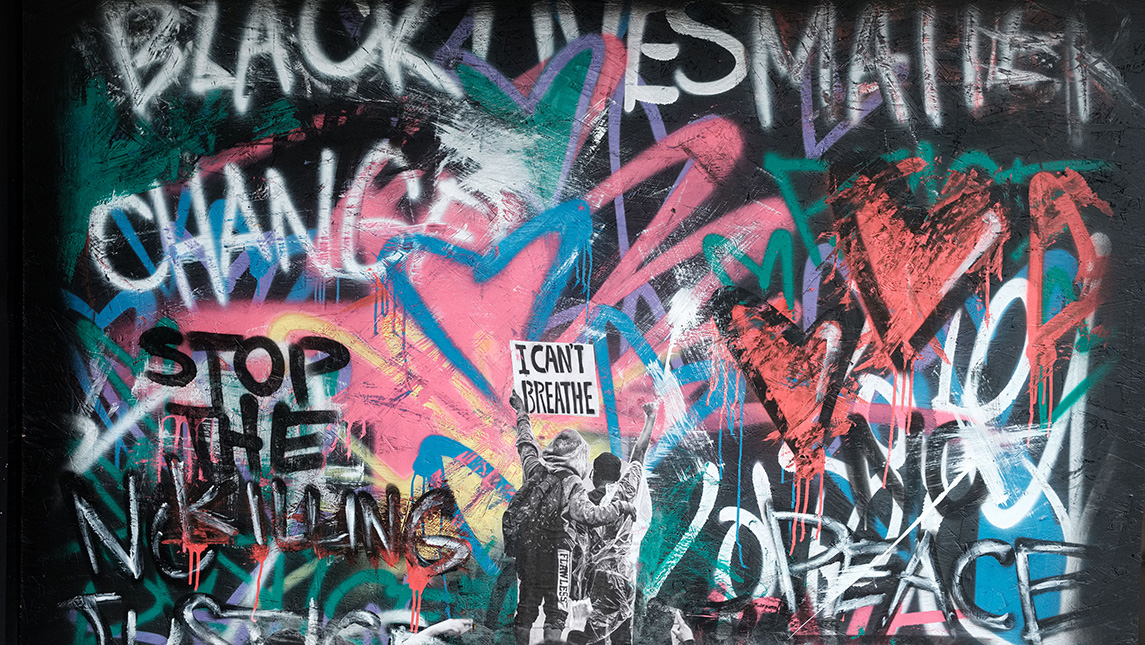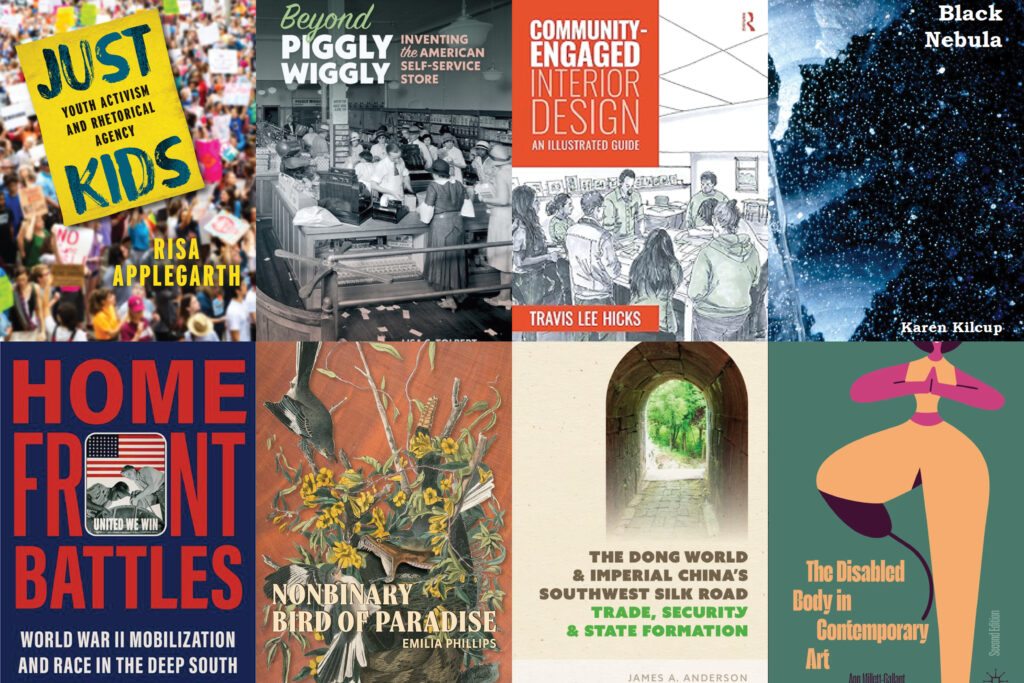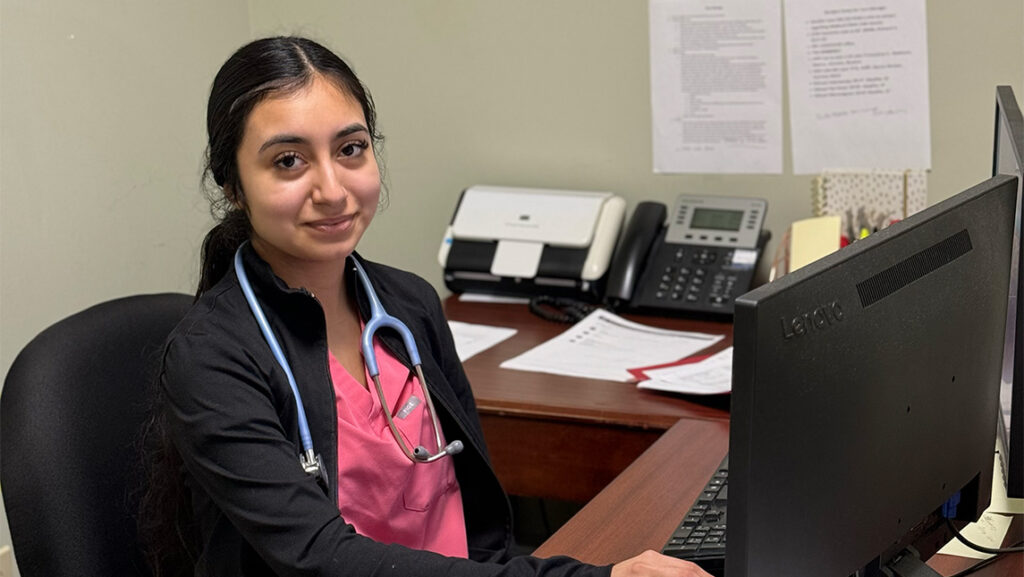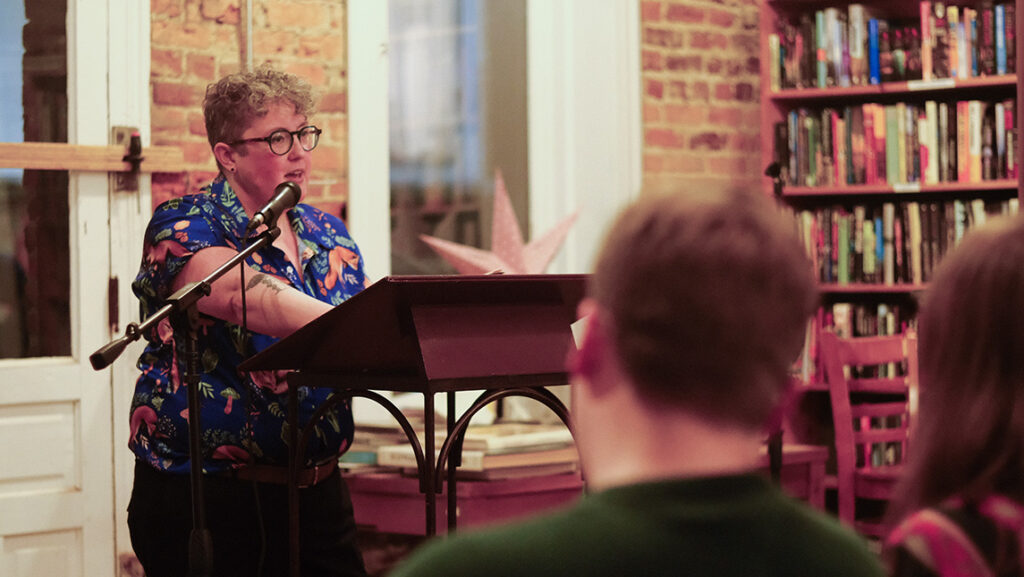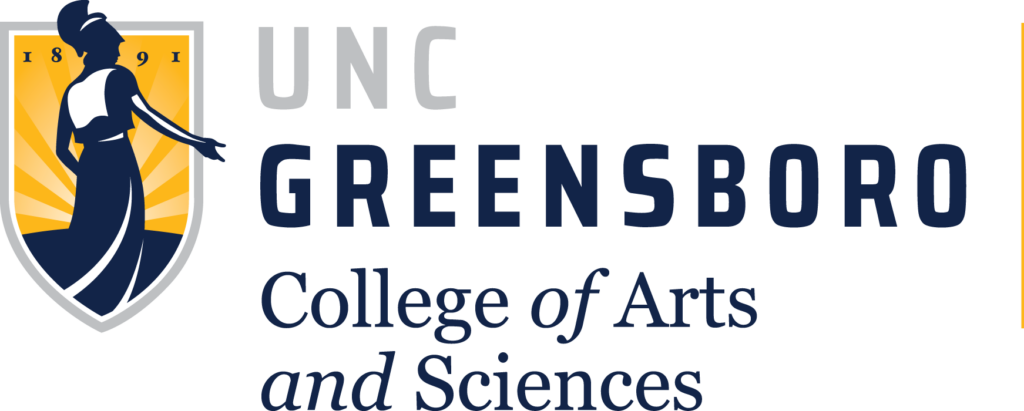
On May 25, an unarmed George Floyd was killed by a Minneapolis police officer. The horrific video of Floyd’s death circulated on social media and spurred a new wave of Black Lives Matter protests and demonstrations across the country.
While Floyd’s death represented a tipping point, it was just one of many instances of racist violence against Black people in recent months. The killings of Breonna Taylor, Ahmaud Arbery, and others have also fueled activism, and demonstrations remain ongoing.
For educators, researchers, and archivists, the surge of local and national activism has posed several important questions: Who is documenting this activism? How are we preserving the voices of Black activists? How will this story be told in the future?
In response to these questions, UNC Greensboro has launched the Triad Black Lives Matter Protest Collection to document the Black Lives Matter movement, police brutality protests, and race relations in the Triad region of North Carolina.
It’s an effort that grew out of the organic response of UNCG faculty and staff. After days of protests, many local artists began to express their anger, grief, and calls for justice through paintings and murals in downtown Greensboro. Dr. Tara T. Green, among others, began to document what was happening, taking photos of the art, and striking up conversations with artists and organizers.
“I was driving down Elm Street and saw the paintings and murals. I’m always thinking about collections and preserving the voices of Black people, and I started thinking, what’s going to happen with this art?” said Green, professor and former director of UNCG’s African American and African Diaspora Studies Program.
Green connected with the University Libraries team – Associate Professor and Digitization Coordinator David Gwynn, Assistant Professor and Curator of Manuscripts Stacey Krim, and Associate Professor and University Archivist Erin Lawrimore – and started thinking through the best ways to formally document the movement. The solution was a new collection of both digital and physical materials that would help serve the community, educators, and researchers for years to come.
Collecting for the project is ongoing, and the archive is particularly interested in photographs, video, protest signs, clothing, flyers, posters, and creative works. The material can be historic, originating with the founding of the movement in 2013, as well as current. Additionally, the project team is interested in connecting with local organizations and activist groups to help tell their stories.
The project is a natural extension of the community-engaged work of University Libraries. But even more than that, it was a project that the Libraries team felt compelled to do.
“Most historically White institutions and archives have traditionally focused on documenting White history, and that includes UNC Greensboro,” said Lawrimore. “We as archivists have a moral, ethical, and professional obligation to ensure that the materials that we have truly reflect both our community on campus and our larger Greensboro community.”
Green plans to incorporate the archive in her Black Lives Matter course this fall. Dr. Sarah Colonna, who teaches a Grogan Residential College course titled The Art of Rebellion, also has plans to use the archive in her teaching.
For Green, this project is especially meaningful, both personally and professionally.
“There is a long history of protest and resistance by Black people. As a Black woman who grew up in the South, and as someone whose parents grew up in the Jim Crow era, I know that change has been made because of the work of people who risked their lives to protest and form coalitions. This collection of voices, and preserving this moment, isn’t just for me as a researcher – I see this work as necessary and important. I’m glad to be able to be in a position where I can do this work and partner with these wonderful archivists.”
Learn more and submit materials at http://go.uncg.edu/blm2020.
Story by Alyssa Bedrosian, University Communications
Photography by Martin W. Kane, University Communications
